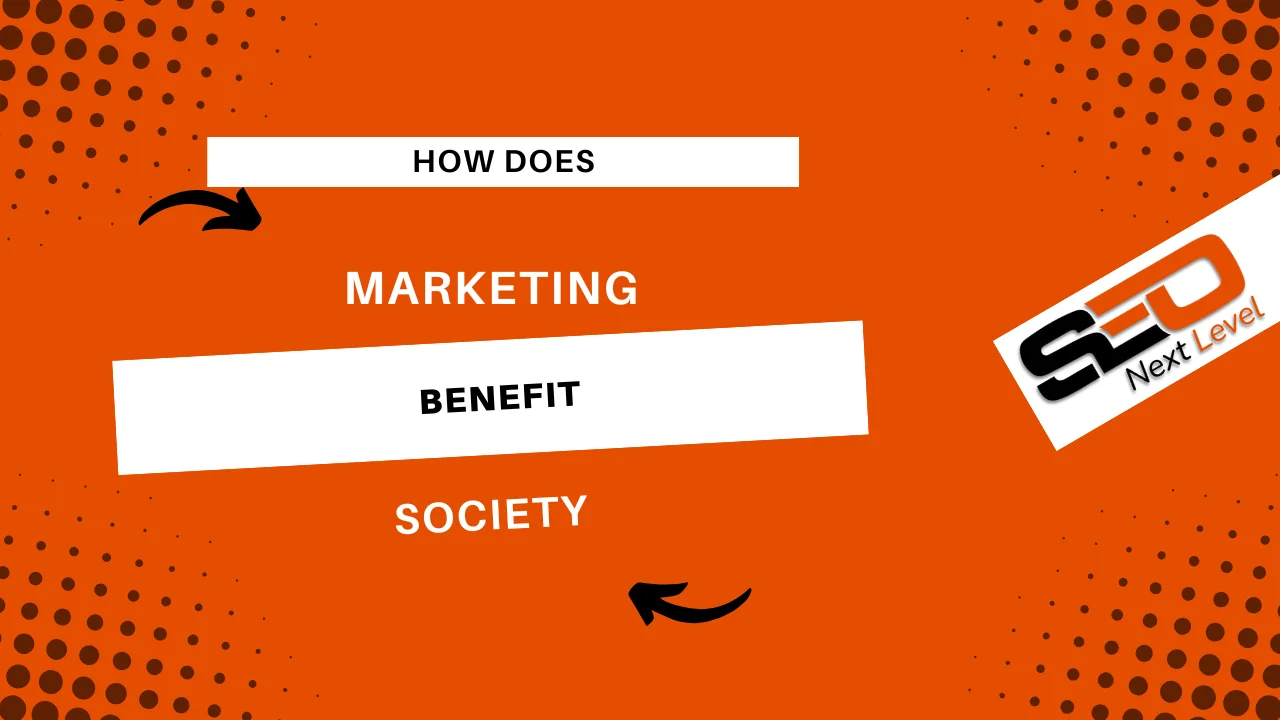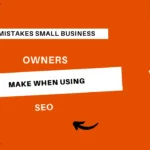- October 14, 2025
- by seonextlevel
- Digital information
- 0 Comments
How does marketing benefit society? This is the question that has an enormous impact, not just from a company slogan, or TV commercials. Marketing and social impact has a great impact, when used ethically and strategically. Marketing allows people to know more, to innovate more, to help the economy improve and even to help social progress. As someone who has worked in SEO since the beginning, I have seen as well as worked myself the impact marketing can have in shaping not only a business but an entire community. Once used efficiently and wisely it becomes a tool for growth, knowledge and connections.
Marketing has a tremendous impact on society. It generates competition that makes products better, educates consumers, and creates jobs in almost every industry. To really understand marketing ‘s impact we need to explore the fundamental ways in which marketing impacts society in general.
Let ‘s look at the real – world roles and functions that answer the question: How does marketing benefit society?
10 Roles of Marketing in the Society
- Marketing has many functions that contribute to the development and well-being of society. The first major function of marketing is education and information. Marketing informs consumers about the products or services available, how they address problems and how they’re relevant to society. It encourages people to make better decisions, reduces uncertainty, and connects needs with solutions.
- Another key role is to stimulate economic growth. When marketing drives awareness and demand for a product or service businesses increase production, employ more employees and innovate to remain competitive. This constant increase in demand and supply keeps economies strong and dynamic.
- Marketing also creates employment opportunities. From advertising agencies to digital content creators to market researchers to designers and logistics teams there are millions of jobs created because of marketing – without marketing the business ecosystem would be a lot smaller and unemployment would be higher.
- It reduces waste. Marketing data can help companies see exactly what they ‘re trying to sell and the potential demand for them. This means less waste and more resources being used where they are needed.
- Marketing generally raises the standard of living. Because firms are trying to attract as many consumers as possible it drives businesses to produce better goods at lower prices and that competition over time brings improvements in the quality of goods and their accessibility to people.
- Marketing is used to promote social good. A lot of brands use their platforms to promote social good e. g. environmental sustainability or health issues or education. This is often called societal marketing and occurs when a brand goes beyond making a profit and instead targets a positive social good.
- Marketing also influences culture and lifestyle. Marketing influences values, habits and trends. Marketing helps to define what is considered innovative, stylish, or socially acceptable. From fashion to technology to sustainability, marketing reflects and shapes cultural change.
- Marketing is a measure of market efficiency based on simplifying the process of finding products and services people want. So instead of searching endlessly consumers can have the help of marketing to direct them to the best product or service.
- Marketing also contributes to society through support of noncommercial goals Government agencies, nonprofits and nongovernmental organizations use marketing to promote public health, safety, education and charitable efforts.
- Finally, marketing encourages sustainability and focuses on long term thinking. Modern marketing can incorporate environmental and ethical principles in the marketing message and marketing often promotes sustainable practices encouraging others to do the same.
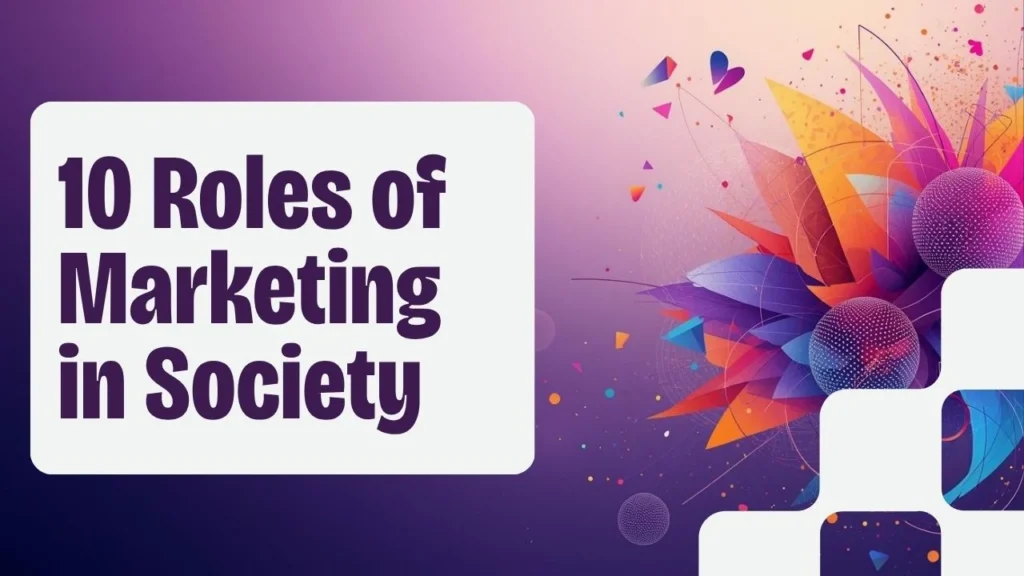
How Does Marketing Benefit Society Explain
If we look again at the question “how does marketing benefit society? “There are three interrelated answers. One is informational, the other is economic and the third is social.
The informational benefit is that marketing has the potential to spread knowledge. It can educate people on new technology, safety features, and better ways to solve everyday problems. It’s a bridge between innovation and common knowledge.
The economic benefit is from the way marketing forces consumption, production and job creation. The more people buy products the more companies grow the wages rise and the cycle continues. Marketing keeps that momentum going by bringing supply and demand together efficiently.
Marketing is good for society because it can increase social change. If marketing campaigns are focused on maintaining a healthy lifestyle, planning for the future, supporting a sustainable lifestyle or equal opportunities, we see how marketing impacts society beyond the business world. It also helps cause awareness and leads to change, which makes it socially beneficial.
For example a local solar company uses on page seo and local seo to advertise renewable energy not only does it boost its business but also improves the health of the environment as well. An organization runs awareness campaigns that are optimized through technical seo and off page seo that deliver their message to millions of people and have measurable social impact in the process. Through these applications marketing shows how valuable it is to humanity.
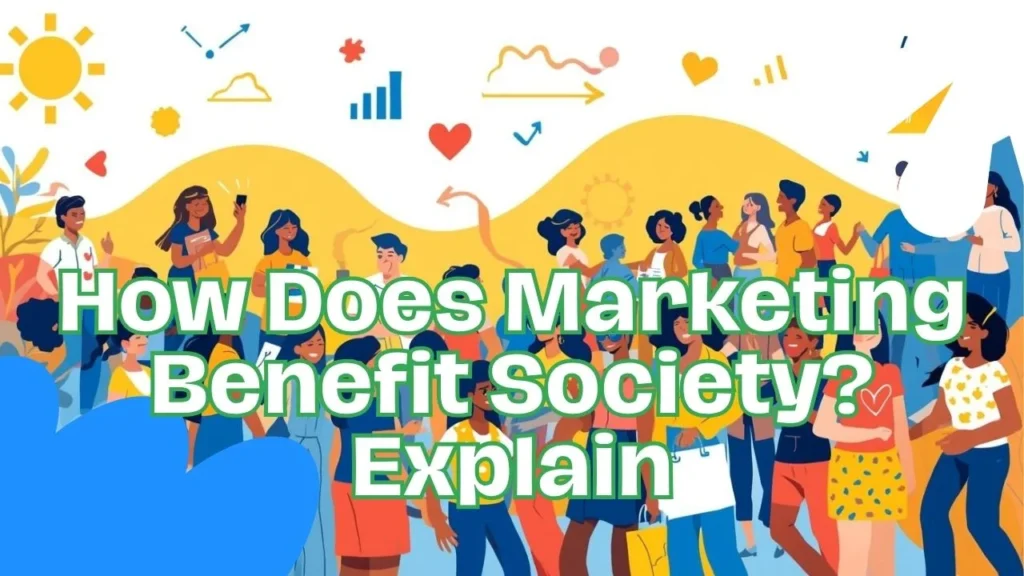
What Role Does Marketing Play in a Private Enterprise System?
In a private enterprise system, marketing is like the nervous system connecting producers and consumers. It creates a feedback loop where consumers are asking what they need and businesses are answering with what they want. If there was no marketing system companies would never know what to manufacture or how to increase their marketability.
Marketing also helps stimulate competition in an economy, and in an healthy economy, if brands compete to offer consumers what they want better quality products with lower prices and so on, it helps not only businesses but the whole society.
It coordinates the movement of resources. Marketing data steers investment in sectors with real demand, ensuring production matches what is needed. It holds companies to account. Brands make promises through marketing to people and they have to keep them or lose credibility.
In other words, marketing holds in check the selfish and lazy commercial interests of individual private enterprise, balancing profit and customer-oriented with a concern to the welfare of the society as a whole.
SEO and Marketing: A Modern Partnership for Society
In the digital world, the social benefit of marketing coupled with SEO services increases significantly. With the help of seo audit, local seo, on page seo, off page seo and technical seo, businesses can ensure that educational and value added messages reach a wider audience.
Local SEO helps small businesses by keeping funds within communities and strengthening the economy. On page SEO helps make sure valuable, trustworthy content is put up on your website where people are looking. Off page SEO builds trust through backlinks and social mentions making ethical marketing more powerful. Technical SEO helps make sure your site is fast, secure, and accessible for everyone – even the disabled. Regular SEO audits help ensure your content is relevant, factual, and user friendly.
When marketing and SEO mesh together, information flows quicker, small businesses thrive, consumers get access to reliable, high-quality products / information. It ‘s probably one of the best examples of what marketing can do for society in concrete, measurable ways these days.
What Are the Eight Functions of Marketing?
Marketing is responsible for eight fundamental processes that are needed by businesses and societies to function well: Product management or product development, in which companies develop and improve products based on customer needs, and Marketing information management, in which data is collected and analyzed to make informed decisions.
Another function is promotion, which communicates benefits and causes consumers to act. Sales are the next function. Selling is the interaction between the business and the consumer directly. Distribution enables products to reach consumers at the right place and time in their life cycle. Pricing lays out how there will be fair exchange of value. Financing and risk management give the businesses the means to support marketing and manage uncertainty. Finally, standardization, grading and after-sales services make sure that products meet their quality, reliability and trust expectations of consumers.
Together these eight functions ensure that marketing is organised, efficient and of benefit to all those interested – from the manufacturers to the consumers.
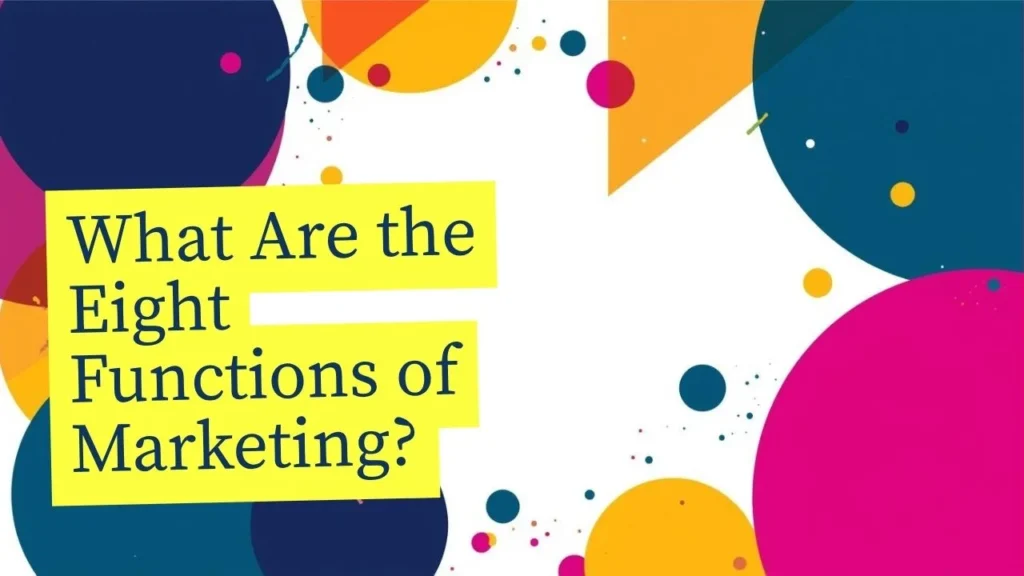
Final Thoughts
So how does marketing benefit society? Marketing benefits by connecting people to solutions and economic growth and opportunities, by improving living conditions and social status, by promoting cultural and ethical development in society, by imparting knowledge, inspiring responsibility in consumers and employees, by making innovation more readily available for those in need, by strengthening communities through awareness and accessibility.
From the 10 roles marketing plays in society to its role in the private enterprise system, marketing is a gateway of creativity, commerce and society. With efficient performance of the eight roles of marketing and integration of SEO services, marketing can’t only contribute to business success but also its role in social good.
FAQs About How Does Marketing Benefit Society?
1. How does marketing benefit society?
Marketing is good for society because it connects people with useful things, creates jobs and makes the economy grow.
2. What is the role of marketing in society?
It ‘s the job of marketing to learn about what consumers want, give them value and help businesses grow ( responsibly ).
3. How does marketing impact the economy?
Marketing gives sales more momentum, fosters innovation, and creates healthy competition that makes our economy better.
4. What does marketing do in a system of private enterprise?
Marketing is used in a system of private enterprise to promote competition and to provide a level playing field for customers.
5. What are the eight functions of marketing?
They include: buy / sell, pricing, promotions, product management, finance, distribution and market information.

